Posts and Comments from Readers
Please include yourself in the discussion. Post a comment.
ORF OPINION PIECE:
Attorney General Eric Holder's decision to try accused terrorist Khalid Sheik Mohammed as a 'civilian' in a New York City federal court may be the first part of a strategy to amend the Constitution to allow the election of a non-American born U.S. President.
Non-citizens have been tried in American courts as criminals. Illegal aliens are tried and convicted in federal courts in the U.S. probably everyday. Terrorists captured on the field of battle or apprehended in foreign nations with help of that nations police force should be tried before a military tribunal. I am thinking that Attorney General Holder has announced his plan to try Mohammed and other terrorists as civilians in a federal court is part of a farther reaching strategy. Holder and other Constitutional law experts may expect the decision to be challenged in another federal court. They may purposely loose this trial in hopes of taking the issue of non-citizen status in the United States to the Supreme Court. Once in the Supreme Court, Holder or some other liberal Constitutional legal expert may argue that the Fourteenth Amendment: Section One of the U.S. Constitution (The Citizenship Clause) is un-constitutional. If, with the help of Justice Soto-Mayer, the SCOTUS decided the 14th Amendment: Section one was un-constitutional and prevented non-citizens from living full lives, participating in joy and happiness and blocks them from full participation and protection of the American legal system, could therefore proceed to amend the U.S. Constitution to allow a non-American born foreign national to be elected President of the United States. I know this is a stretch, but its a stretch in strategic thinking.
From Constitutional Topic:
Natural-born citizen
Who is a natural-born citizen? Who, in other words, is a citizen at birth, such that that person can be a President someday?
The 14th Amendment defines citizenship this way: "All persons born or naturalized in the United States, and subject to the jurisdiction thereof, are citizens of the United States and of the State wherein they reside." But even this does not get specific enough. As usual, the Constitution provides the framework for the law, but it is the law that fills in the gaps.
Currently, Title 8 of the U.S. Code fills in those gaps. Section 1401 defines the following as people who are "citizens of the United States at birth:"
- Anyone born inside the United States *
- Any Indian or Eskimo born in the United States, provided being a citizen of the U.S. does not impair the person's status as a citizen of the tribe
- Any one born outside the United States, both of whose parents are citizens of the U.S., as long as one parent has lived in the U.S.
- Any one born outside the United States, if one parent is a citizen and lived in the U.S. for at least one year and the other parent is a U.S. national
- Any one born in a U.S. possession, if one parent is a citizen and lived in the U.S. for at least one year
- Any one found in the U.S. under the age of five, whose parentage cannot be determined, as long as proof of non-citizenship is not provided by age 21
- Any one born outside the United States, if one parent is an alien and as long as the other parent is a citizen of the U.S. who lived in the U.S. for at least five years (with military and diplomatic service included in this time)
- A final, historical condition: a person born before 5/24/1934 of an alien father and a U.S. citizen mother who has lived in the U.S.




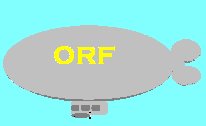







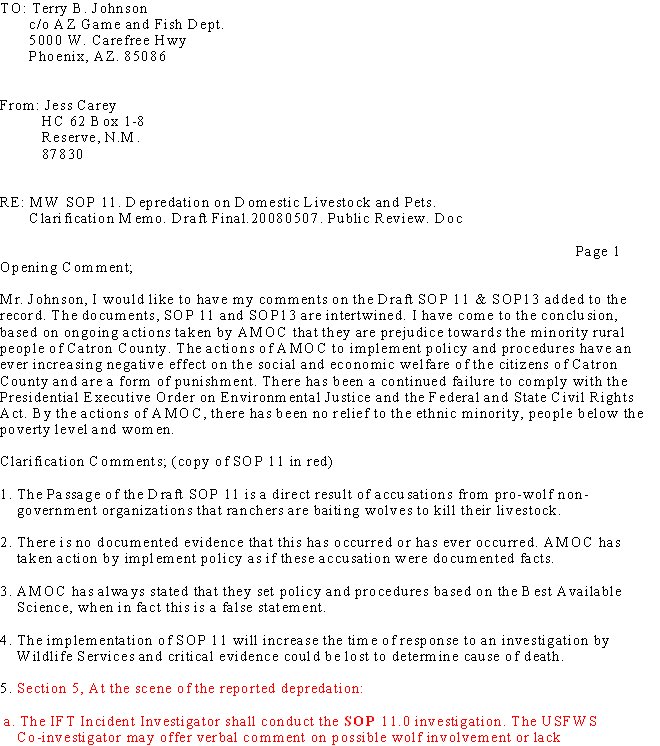
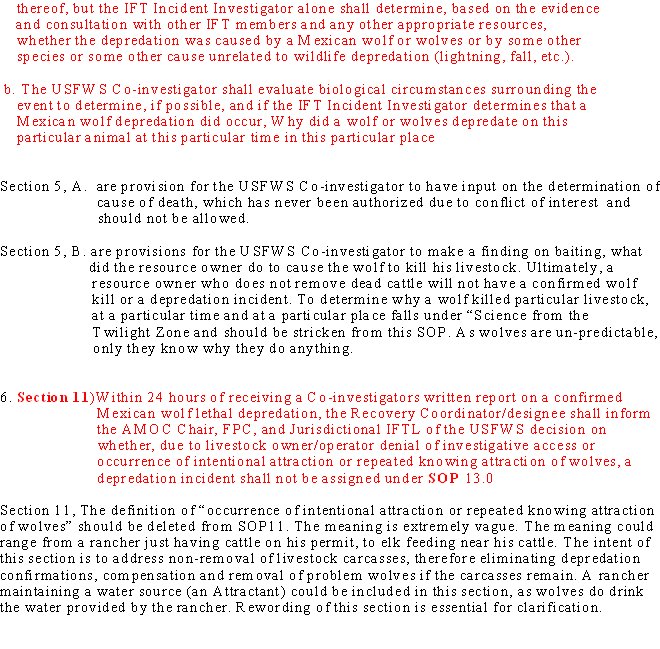
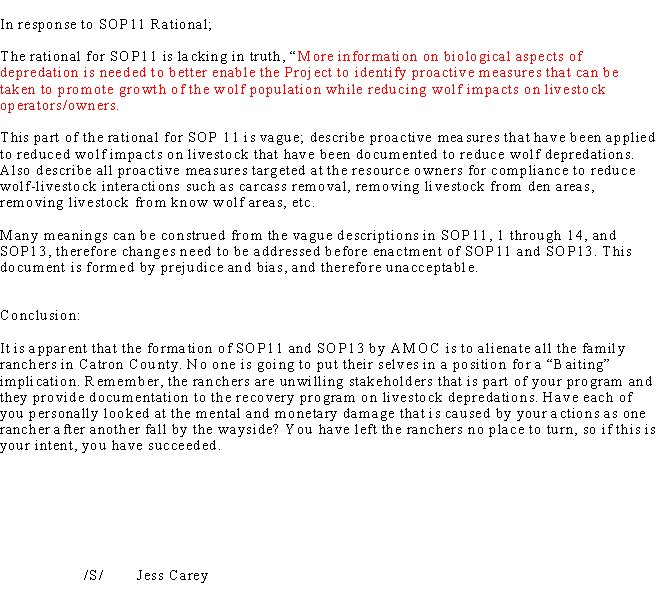

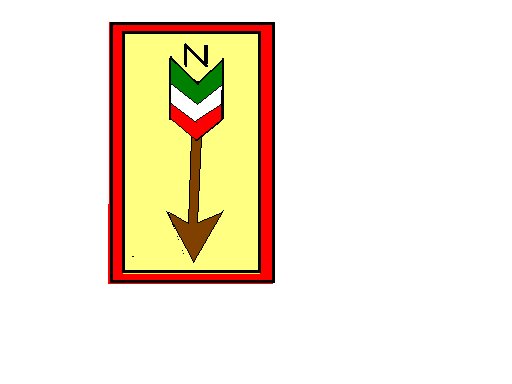


.jpg)


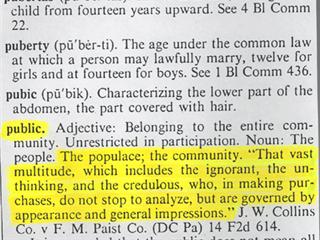









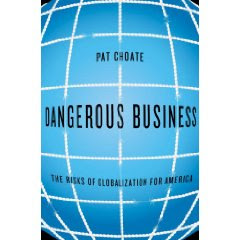





No comments:
Post a Comment